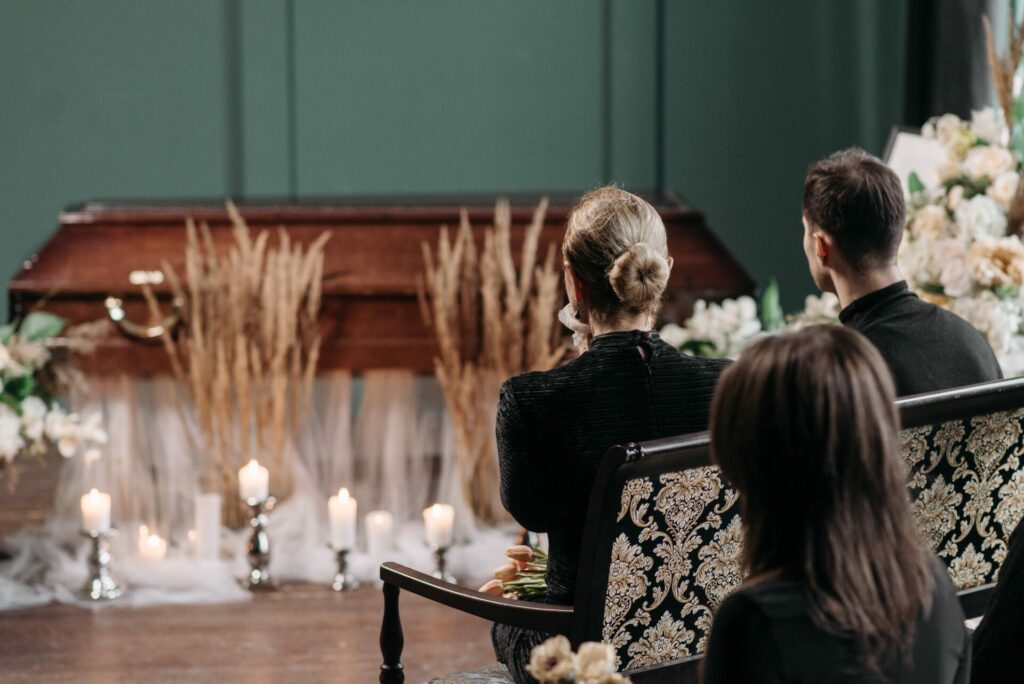"I'm not afraid of death," the American comedian and filmmaker Woody Allen once quipped. "I just don't want to be there when it happens."
Disturbing though the contemplation of one's own mortality undoubtedly is, many Belgians should at least take some small comfort in the impossibility of surviving their own demise – lest they suffer the financial pain of actually paying for their own funeral.
According to industry experts, a surge in the price of raw materials combined with supply chain bottlenecks that have yet to loosen since the end of the Covid-19 pandemic has caused the average funeral price to surge to €5,000, up 15%-30% since 2020.
"The price of some items has doubled," Denis Fontaine, the manager of a funeral home in Charleroi, told La Dernière Heure. "This is the case with funerary monuments. Not to mention the price of wood, which has increased enormously."
The working dead
Fontaine stressed that labour costs remain his business's most costly expenditure, with the current supply of workers far below that demanded by the funeral sector. "Despite the increase in the price of materials, the most expensive [cost] is still labour," he said. "We really find it very difficult to recruit."
Fontaine also noted that the price of funerals is weighing increasingly heavily on Belgian families, many of whom have already been hit hard by high inflation over the past year-and-a-half.
"This is a real concern for the bereaved families," he said. "One of the first questions they ask themselves is that of the price. We give them a detailed estimate. But you have to know that we have fixed charges, not everything goes in our pockets. We have to pay for the coffins, the hearse, the porters. All of this costs money."
A 'timely' new model
One Namur-based company is attempting to revolutionise the way funerals are performed whilst making the process of interment more environmentally friendly – and cheaper.
Christophe Gretz and Maxime Ravet recently co-founded a company, Sepelio – meaning "burial" in Spanish – which adopts an "ecological funeral model" that purposefully excludes the use of many items traditionally buried alongside the deceased.
"We are talking about plastic sheeting, polyester or treated wood coffins, metal handles and crosses, synthetic clothing and shoes, various symbolic objects deposited around the deceased," Gretz told La Libre. "Our feeling is that [burials] cannot continue as before."
Related News
- Brazil-Uruguay: Deaths of over 500 seals, sea lions, blamed on bird flu
- The Italians who dug Belgium’s black gold
The Sepelio co-founder also noted that his company's model aims to contribute "to the revitalisation of cemetery soils, which are notoriously poor and polluted". It is also, crucially, not as expensive as traditional forms of interment. "It is approximately 25% to 30% cheaper than a classic burial," he said.
Gretz added that many funeral companies have already reached out to ask if Sepelio could offer their services. "We are receiving a marked increase in interest," Gretz said. "Our offering seems to be a timely one."

